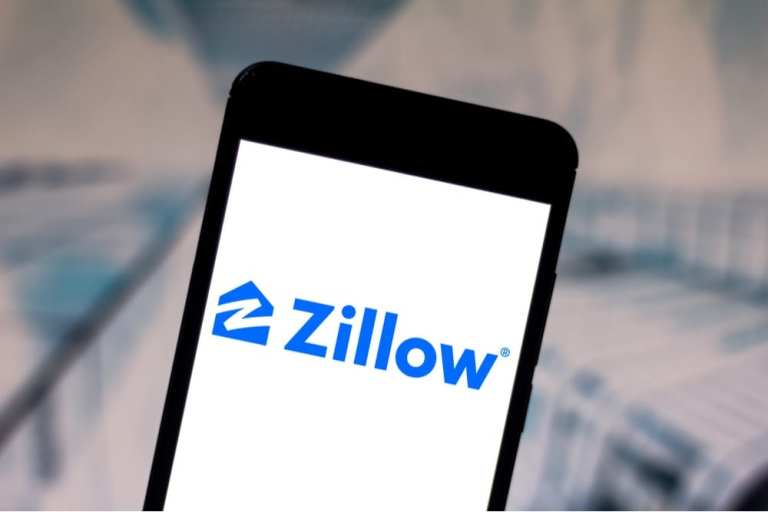Zillow Reports More Long-Term Rental Requests

Rental company Zillow said on Thursday (June 4) that it was experiencing more requests for long-term rentals instead of the short-term ones it is usually known for, CNBC reported.
The company said it had seen a significant upswing in requests for rentals for six months or less. In connection with that, homeowners have pivoted towards a longer-term rental model due to the effects of the coronavirus.
Zillow reported good numbers for the time being, with a 42.8 percent increase in furnished rental requests between March 1 and May 21, CNBC reported. The total number of furnished listings had risen 44 percent year-over-year.
Rentals for six months or less rose by 23 percent around March, which is usually when those types of listings fall. But with the global shelter-in-place mandates, the numbers went up.
When the pandemic hit, rental hosts almost unanimously saw a wave of cancellations as people had to quickly reconfigure their vacation plans to avoid contracting the highly contagious virus. Because of the drastic change in American life, vacation rental hosts on numerous platforms decided to shift their rental properties into long-term rentals, to help bring in revenue.
The travel industry took a massive $195 million hit since the pandemic happened, according to reports from the U.S. Travel Association.
But data in the travel sphere now has rentals rebounding lately, according to data from AllTheRooms Analytics.
A similar shift in the vacation rental business has happened with fellow mainstay Airbnb, which has seen a deluge of requests for refunds and also a number of hosts looking to make money by striking out on their own and listing their properties as long-term rentals.
Many of those former Airbnb hosts are using Zillow or other competing sites like Vrbo, HomeAway, Apartments.com, Craigslist or Facebook’s marketplace.
Hosts have told news outlets that the new way for companies to survive was offering longer week- or month-long leases to come stay at properties.